Quote Authors
table of contents
- 1 Abraham Lincoln
- 2 Adolf Hitler
- 3 Agatha Christie
- 4 Albert Einstein
- 5 Alexander Graham Bell
- 6 Alexander the Great
- 7 Alfred Nobel
- 8 Amelia Earhart
- 9 Aristotle
- 10 Buddha
- 11 Carl Jung
- 12 Carl von Clausewitz
- 13 Charles Darwin
- 14 Charlie Chaplin
- 15 Che Guevara
- 16 Christopher Columbus
- 17 C. S. Lewis
- 18 Coco Chanel
- 19 Confucius
- 20 Edgar Allan Poe
- 21 Ernest Hemingway
- 22 Florence Nightingale
- 23 Francis Bacon
- 24 Franklin D. Roosevelt
- 25 Franz Kafka
- 26 Friedrich Nietzsche
- 27 Fyodor Dostoevsky
- 28 Galileo Galilei
- 29 George Orwell
- 30 Helen Keller
- 31 Immanuel Kant
- 32 Isaac Asimov
- 33 Isaac Newton
- 34 Jean-Jacques Rousseau
- 35 Jean-Paul Sartre
- 36 Jesus
- 37 John F. Kennedy
- 38 Johann Wolfgang von Goethe
- 39 John Locke
- 40 J. R. R. Tolkien
- 41 Joseph Stalin
- 42 Karl Marx
- 43 Laozi
- 44 Leo Tolstoy
- 45 Leonardo da Vinci
- 46 Louis XIV
- 47 Ludwig van Beethoven
- 48 Mahatma Gandhi
- 49 Mao Zedong
- 50 Marcus Aurelius
- 51 Marie Antoinette
- 52 Mark Twain
- 53 Martin Luther
- 54 Martin Luther King Jr.
- 55 Napoleon Bonaparte
- 56 Nelson Mandela
- 57 Niccolo Machiavelli
- 58 Michelangelo
- 59 Mother Teresa
- 60 Oscar Wilde
- 61 Pablo Picasso
- 62 Plato
- 63 Socrates
- 64 Stephen Hawking
- 65 Steve Jobs
- 66 Sun Tzu
- 67 Theodore Roosevelt
- 68 Thomas Aquinas
- 69 Thomas Edison
- 70 Victor Hugo
- 71 Voltaire
- 72 William Shakespeare
- 73 Winston Churchill
- 74 Wolfgang Amadeus Mozart
Abraham Lincoln
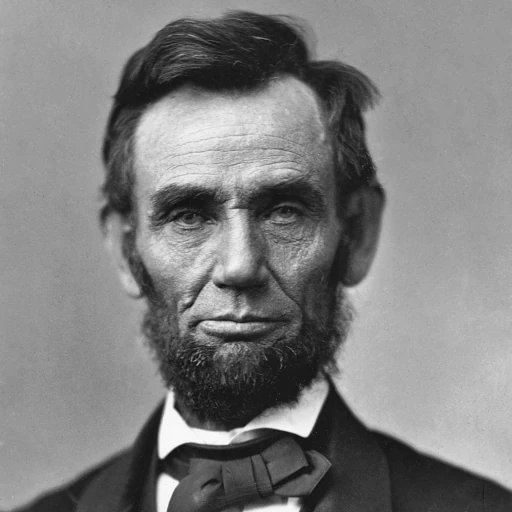
- February 12, 1809 – April 15, 1865
- American
- Politician, lawyer
- As the 16th President of the United States, he issued the Emancipation Proclamation and led the Civil War to maintain the unity of the nation.
Adolf Hitler
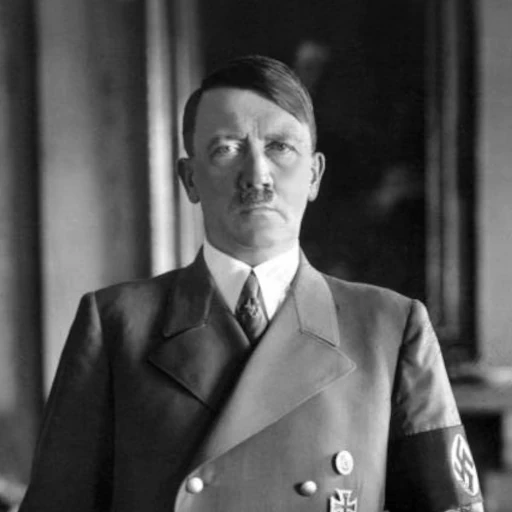
- April 20, 1889 – April 30, 1945
- Born in the Austro-Hungarian Empire
- Political leader of Nazi Germany
- As the leader of the Nazi Party, he caused World War II and led the Holocaust (the persecution and genocide of European Jews)
Agatha Christie
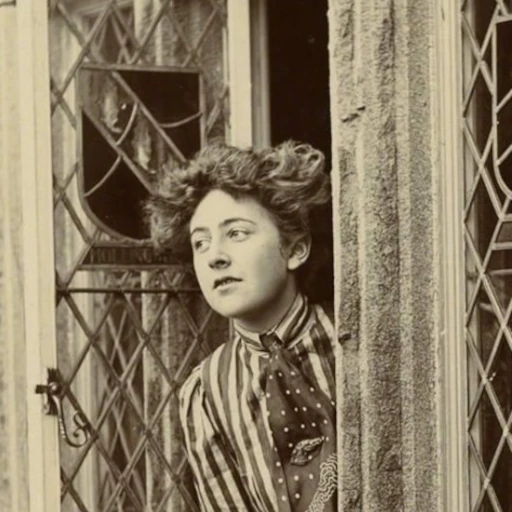
- September 15, 1890 – January 12, 1976
- British
- Author
- The detective novel series (such as “And Then There Were None”) featuring the fictional detectives “Hercule Poirot” and “Miss Marple” became a worldwide hit.
Albert Einstein
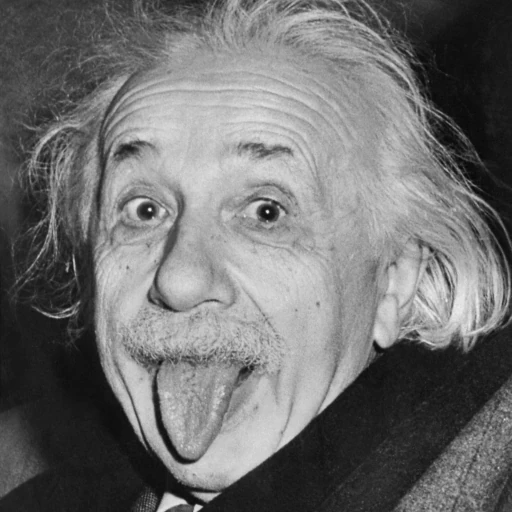
- March 14, 1879 – April 18, 1955
- German-born Jew
- Physicist
- Revolutionized the world of physics by proposing the theory of relativity
Alexander Graham Bell
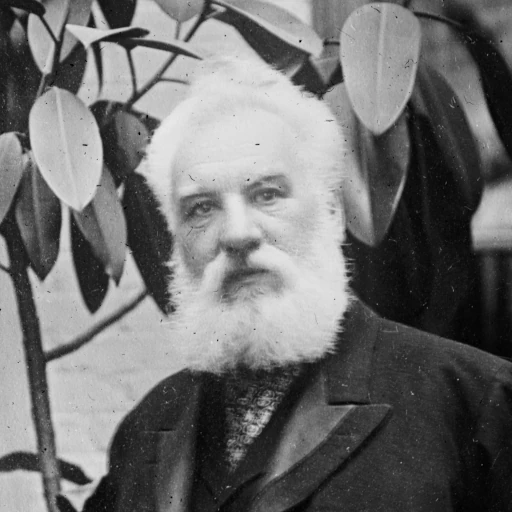
- March 3, 1847 – August 2, 1922
- Born in Scotland
- Inventor, scientist, engineer, educator
- Invented the telephone, revolutionized communications technology, and founded Bell Labs
Alexander the Great

- July 20, 356 BC – June 10, 323 BC
- Born in Macedonia
- King of Macedonia
- Established a vast empire and spread Hellenistic culture
Alfred Nobel
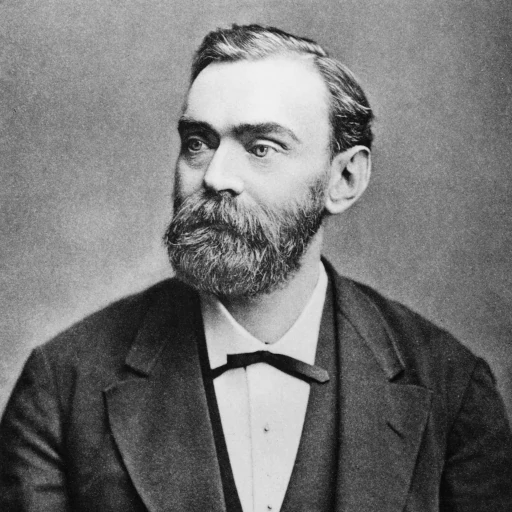
- October 21, 1833 – December 10, 1896
- Born in Sweden
- Inventor, chemist, businessman
- Invented dynamite and established the Nobel Prize
Amelia Earhart
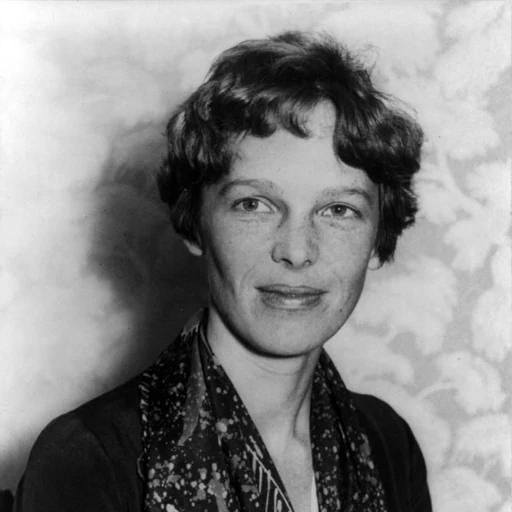
- July 24, 1897 – July 2, 1937
- American
- Air pilot
- First woman to fly solo across the Atlantic Ocean and set many aviation records
Aristotle
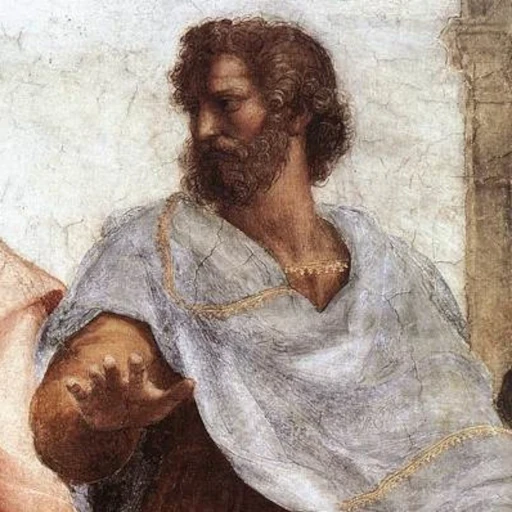
- 384 BC – 322 BC
- Originating from Macedonia in ancient Greece
- Philosopher and scientist, founder of the Lyceum academy
- A student of Plato, he constructed systematic knowledge in logic, biology, politics, ethics, etc., and had a major impact on the development of Western thought and science
Buddha
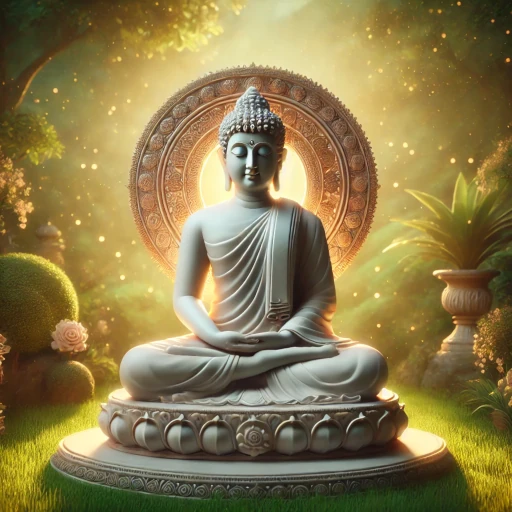
- 7th century BC to 5th century BC
- Indian
- Religious leader, thinker
- Founded Buddhism, taught people the Four Noble Truths and the Eightfold Path, which showed the causes of suffering and how to resolve them, and spread the path of training aimed at inner liberation and enlightenment.
Carl Jung
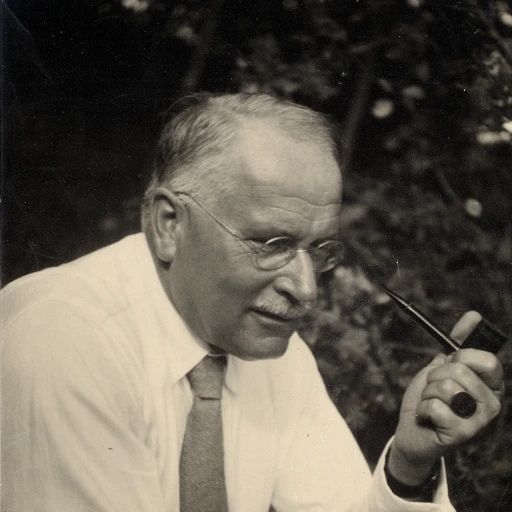
- July 26, 1875 – June 6, 1961
- Born in Switzerland
- Psychiatrist and psychologist
- Founded analytical psychology and proposed the concepts of archetypes and the collective unconscious
Carl von Clausewitz
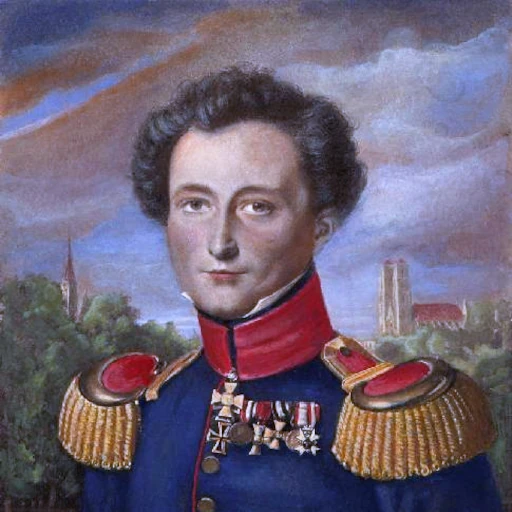
- July 1, 1780 – November 16, 1831
- Born in the Kingdom of Prussia (now Germany)
- Military officer and military theorist
- In his book On War, he stated that “war is an extension of politics by other means,” which had a major impact on modern military studies.
Charles Darwin
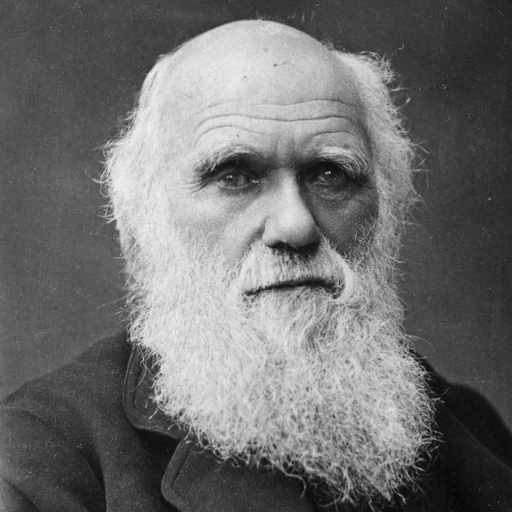
- February 12, 1809 – April 19, 1882
- Born in England (UK)
- Naturalist, geologist, biologist
- Wrote “On the Origin of Species” and proposed the theory of evolution and natural selection
Charlie Chaplin
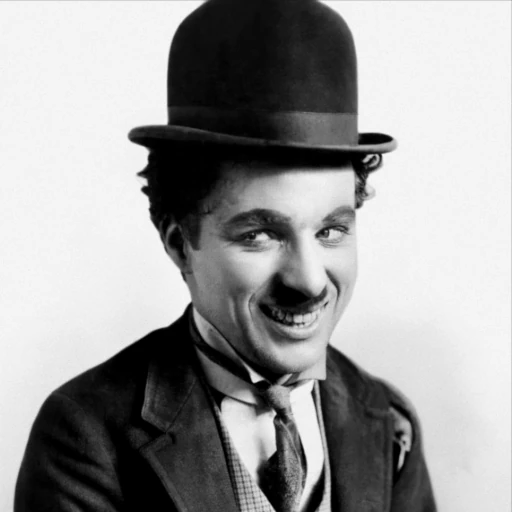
- April 16, 1889 – December 25, 1977
- British
- Comedian, film actor, director, screenwriter, composer
- He built the golden age of silent films with films such as City Lights, Modern Times, and The Great Dictator.
Che Guevara
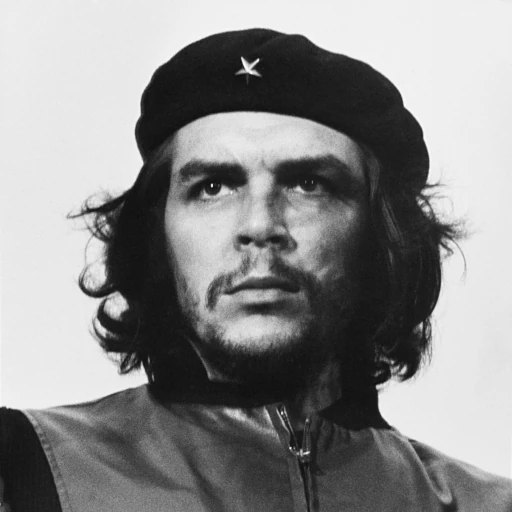
- June 14, 1928 – October 9, 1967
- Born in Argentina
- Revolutionary, doctor, writer, politician
- He led the Cuban Revolution to success and is known as an international symbol of anti-imperialistism.
Christopher Columbus
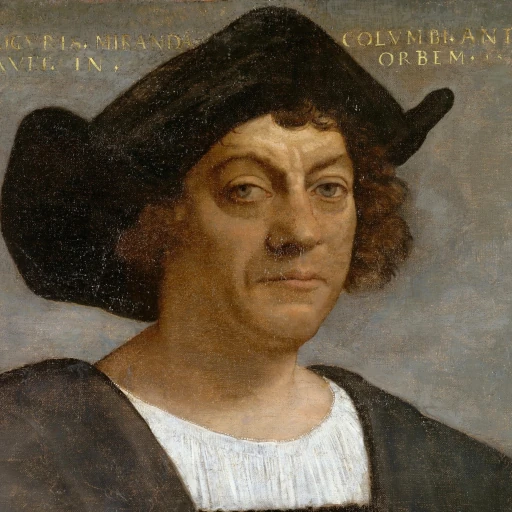
- August 25th to October 31st, 1451 – May 20th, 1506
- Born in the Republic of Genoa (now Italy)
- Explorer and navigator
- He reached the Americas on his voyage in 1492 and is known as the discoverer of the “New World.”
C. S. Lewis
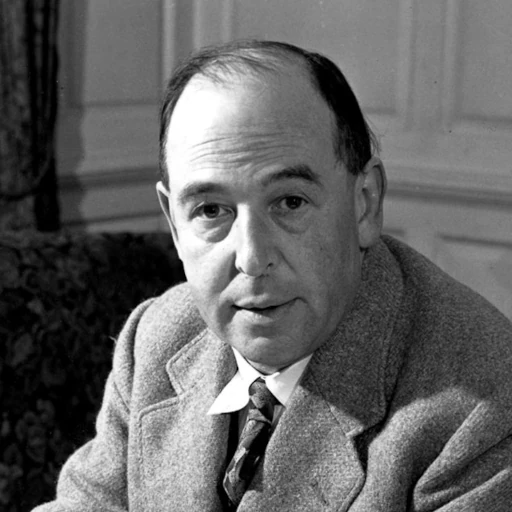
Image credits:Aronsyne,”Lewis, age 48″,CC BY-SA 4.0,C.S.-Lewis – C. S. Lewis – Simple English Wikipedia, the free encyclopedia
- November 29, 1898 – November 22, 1963
- Born in Ireland
- Writer, scholar
- Had a major influence on fantasy literature and religious thought through his many works, including the Chronicles of Narnia series and The Poetics of Christianity
Coco Chanel
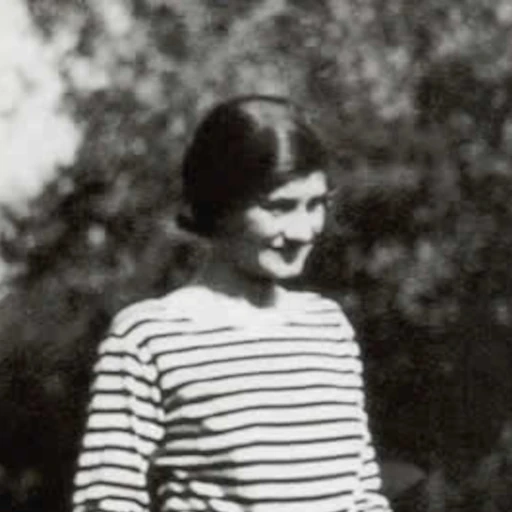
- August 19, 1883 – January 10, 1971
- Born in France
- Designer, businesswoman
- Founded the Chanel brand and advocated modern and simple fashion, especially popularizing the “Chanel suit” and “little black dress,” and contributing to the liberation of women.
Confucius
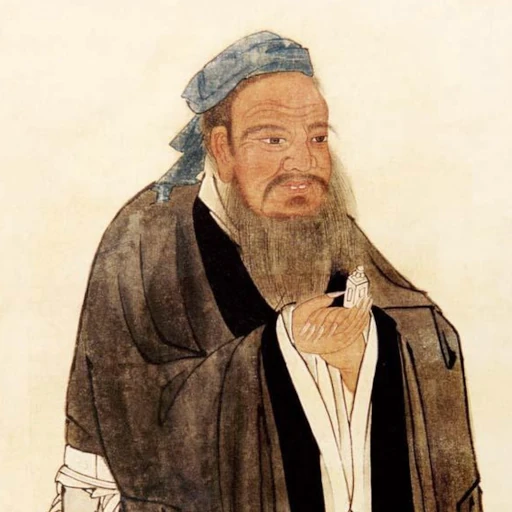
- 551 BC – 479 BC
- Han ethnicity
- Philosopher, educator, politician
- Known as the founder of Confucianism, he had a major impact on Chinese culture and the whole of East Asia through his teachings on ethics, morality, and politics.
Edgar Allan Poe
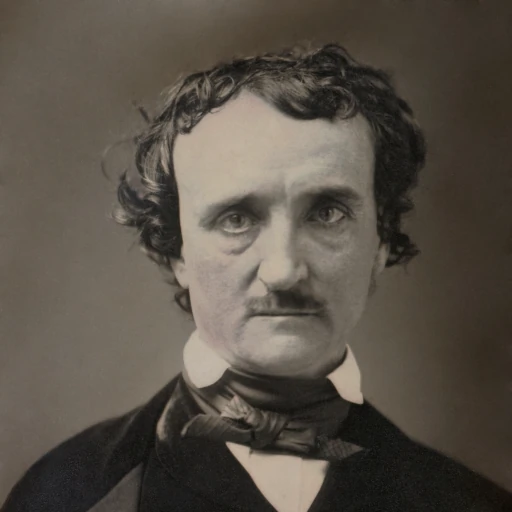
- January 19, 1809 – October 7, 1849
- American
- Novelist, poet, critic
- A pioneer of Gothic and detective novels, he wrote works such as “The Black Cat,” “The Fall of the House of Usher,” and “The Murders in the Rue Morgue.”
Ernest Hemingway
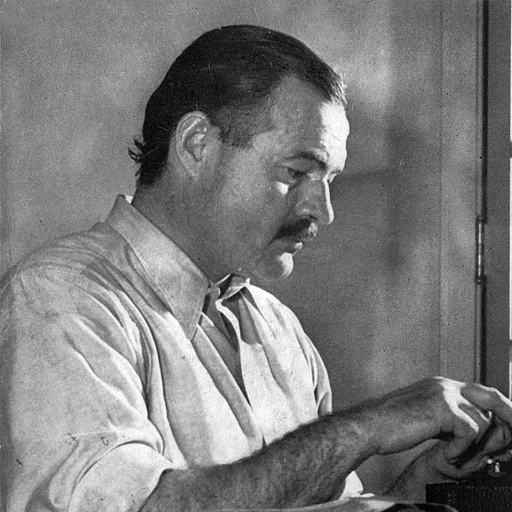
- July 21, 1899 – July 2, 1961
- American
- Novelist, poet, journalist
- Wrote masterpieces such as “The Old Man and the Sea,” “A Farewell to Arms,” and “For Whom the Bell Tolls,” and won the Nobel Prize in Literature in 1954
Florence Nightingale
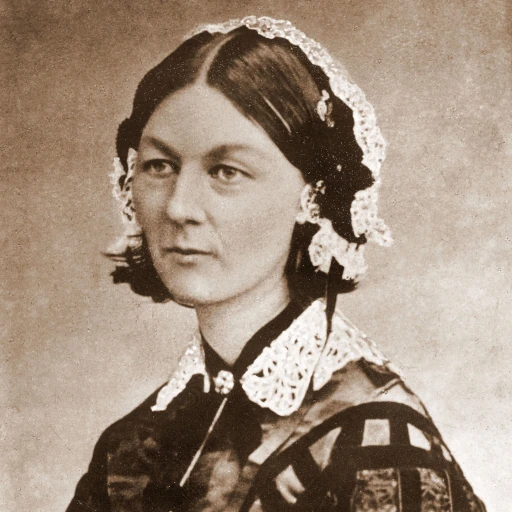
- May 12, 1820 – August 13, 1910
- Born in the Grand Duchy of Tuscany (Italy)
- Nurse, statistician
- Established modern nursing, promoted sanitary reform through her work in the Crimean War, and wrote “Notes on Nursing”
Francis Bacon

- January 22, 1561 – April 9, 1626
- Born in England
- Philosopher, theologian, jurist, politician, aristocrat
- Proposed the “inductive method” that laid the foundations of modern science, and influenced later generations as the founder of British empiricism
Franklin D. Roosevelt
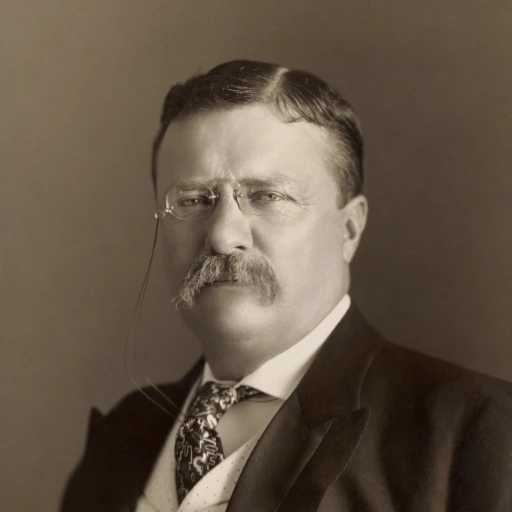
- October 27, 1858 – January 6, 1919
- American
- Politician, military officer
- Served as the 26th President of the United States, promoted progressive reforms and environmental conservation policies, and supported the construction of the Panama Canal
Franz Kafka
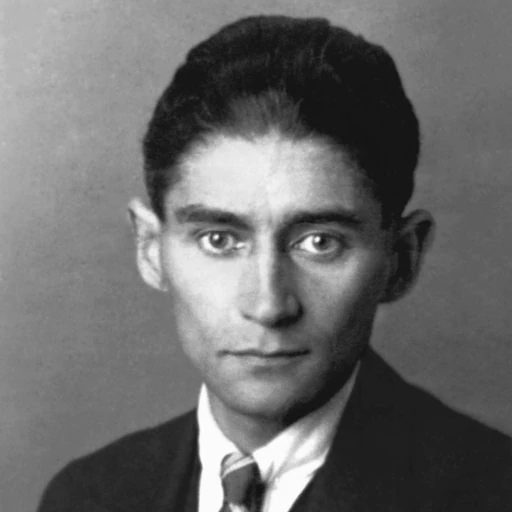
- July 3, 1883 – June 3, 1924
- Born in the Austro-Hungarian Empire
- Writer, lawyer
- Had a major influence on 20th century literature with works such as “The Metamorphosis,” “The Trial,” and “The Castle”
Friedrich Nietzsche
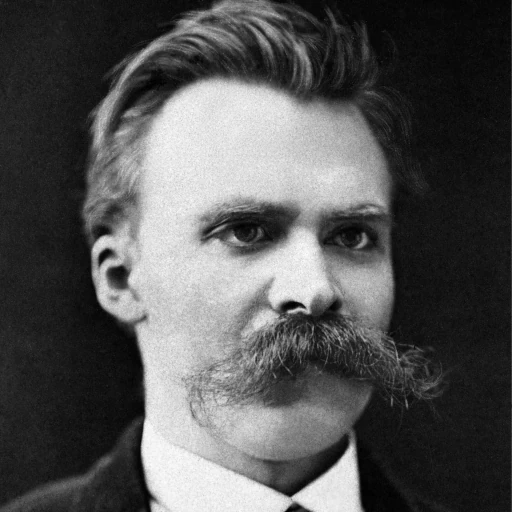
- October 15, 1844 – August 25, 1900
- Born in Germany
- Philosopher, poet, and classical philologist
- With works such as “Thus Spoke Zarathustra,” “Beyond Good and Evil,” and “The Genealogy of Morals,” he questioned traditional morality, religion, and truth, and had a major impact on modern philosophy.
Fyodor Dostoevsky
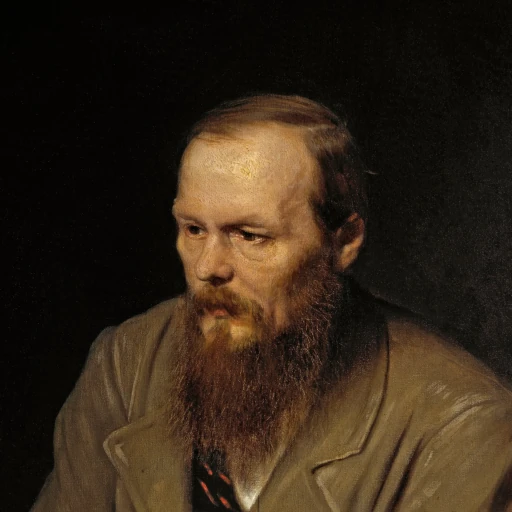
- November 11, 1821 – February 9, 1881
- Born in the Russian Empire
- Novelist, philosopher
- Through works such as Crime and Punishment, The Brothers Karamazov, and The Idiot, he delved deeply into human psychology and philosophical themes.
Galileo Galilei
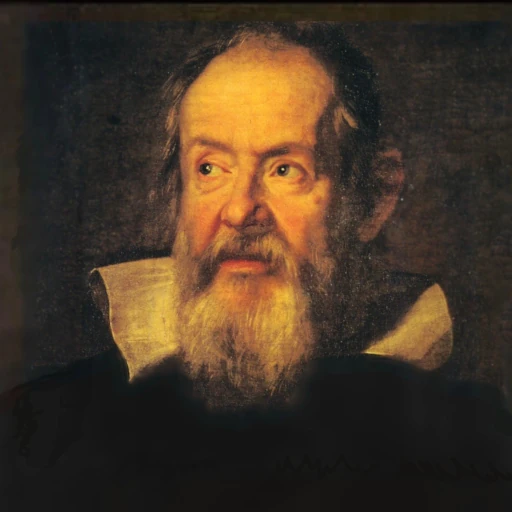
- February 1564 – January 8, 1642
- From the Duchy of Florence (Italy)
- Physicist, astronomer, mathematician
- Established astronomical observations using telescopes and the laws of inertia, and made a major contribution to the establishment of modern scientific methods
George Orwell
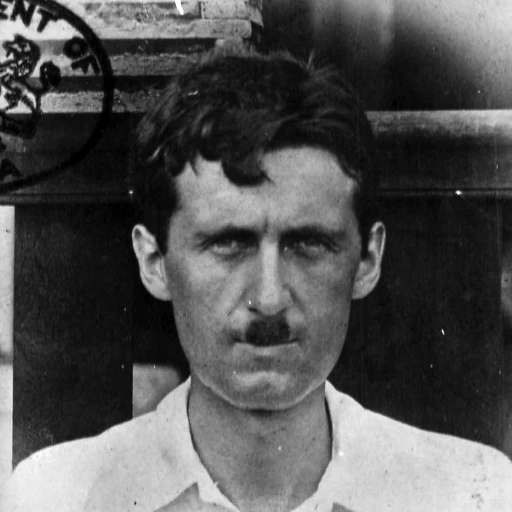
- June 25, 1903 – January 21, 1950
- Born in India during the British colonial period
- Author, journalist
- Through his representative works “1984” and “Animal Farm,” he presented sharp criticism of totalitarianism and the abuse of power, greatly influencing contemporary literature and thought.
Helen Keller
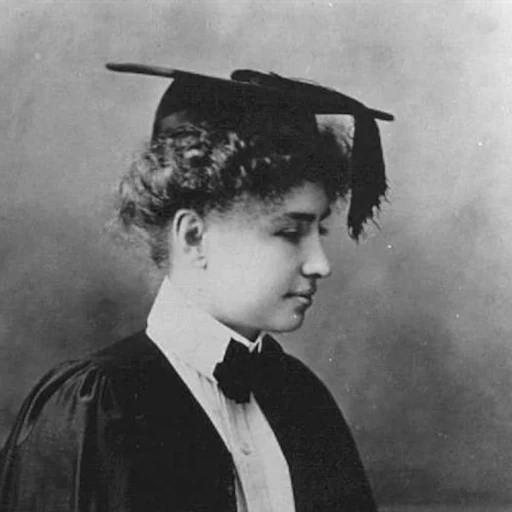
- June 27, 1880 – June 1, 1968
- American
- Author, educator, human rights activist
- Although she lost her sight and hearing due to an illness in her childhood, she engaged in various social activities, such as supporting the visually and hearing impaired and promoting women’s rights.
Immanuel Kant

- April 22, 1724 – February 12, 1804
- Born in Germany (East Prussia)
- Philosopher
- Through his representative works “Critique of Pure Reason” and “Critique of Practical Reason,” he explored the limits of reason and the foundations of morality, exerting a great influence on modern philosophy
Isaac Asimov
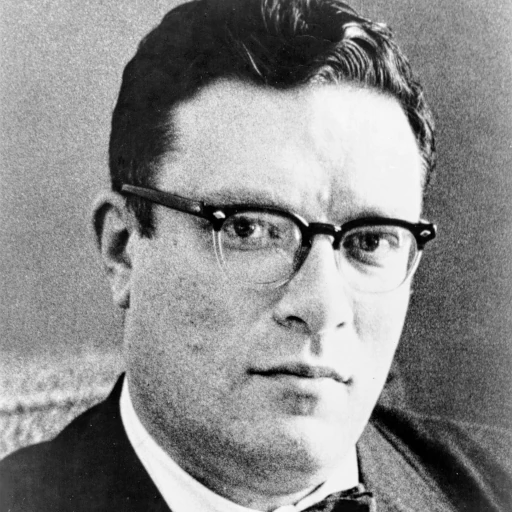
- January 2, 1920 – April 6, 1992
- Born in Russia
- Author, biochemist (professor)
- Wrote many science fiction works, including the Foundation series and the Robotics series
Isaac Newton
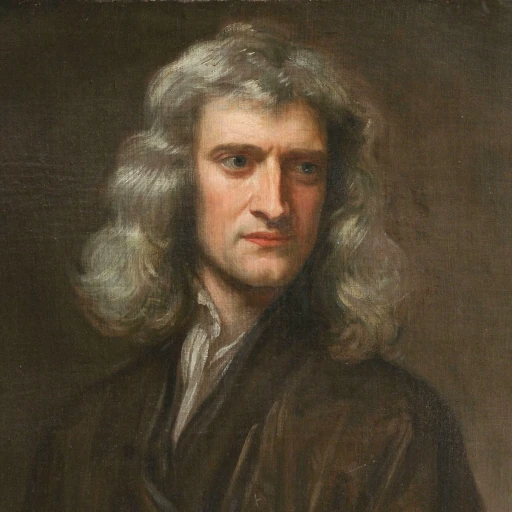
- January 4, 1643 – March 31, 1727
- Born in England (UK)
- Natural philosopher, mathematician, physicist, astronomer, theologian
- Proposed the laws of universal gravitation and motion, built the foundations of modern science, and systematized theories of natural philosophy and mathematics.
Jean-Jacques Rousseau
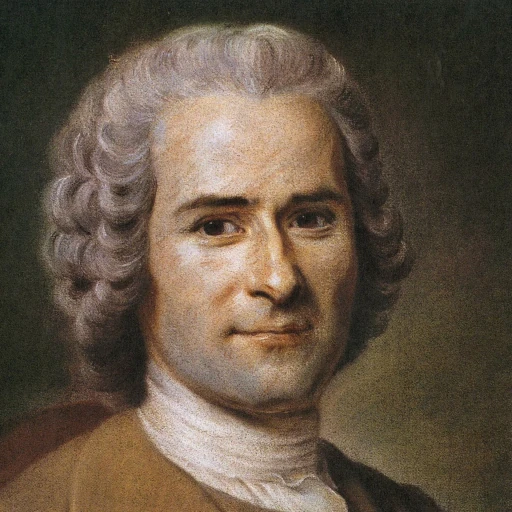
- June 28, 1712 – July 2, 1778
- Born in Geneva
- Philosopher, political philosopher, writer, composer
- He advocated popular sovereignty in “The Social Contract” and influenced the French Revolution and modern democracy.
Jean-Paul Sartre
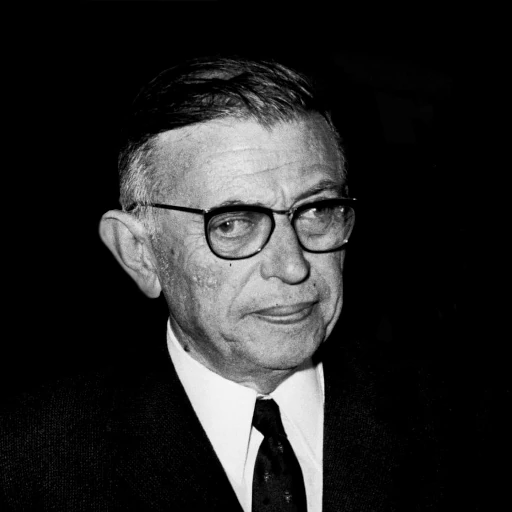
- June 21, 1905 – April 15, 1980
- Born in France
- Philosopher, novelist, playwright
- He advocated existentialism and had a major influence on 20th century thought through works such as “Being and Nothingness” and “Nausea”
Jesus
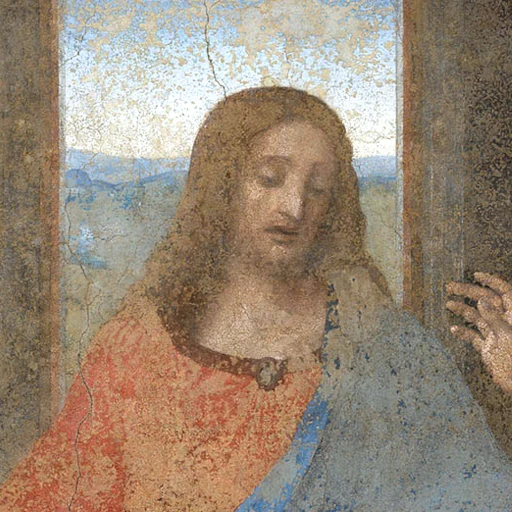
- 6-4 BC – 30 or 33 AD
- From Judea (present-day Israel/Palestine)
- Religious leader and evangelist
- Founder of Christianity, who had a major impact on religions and cultures around the world
John F. Kennedy

- May 29, 1917 – November 22, 1963
- American
- Politician
- As the 35th President of the United States, he overcame the Cuban Missile Crisis and averted nuclear war, and promoted the Apollo program, laying the foundation for American space exploration.
Johann Wolfgang von Goethe
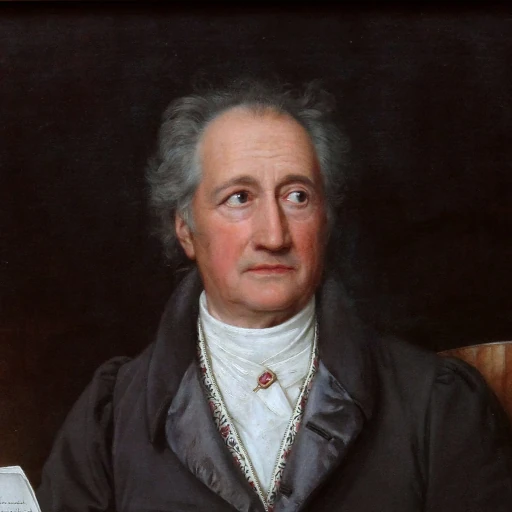
- August 28, 1749 – March 22, 1832
- German
- Poet, playwright, novelist, philosopher, politician
- His literary works “Faust” and “The Sorrows of Young Werther” had a major impact on world literature.
John Locke
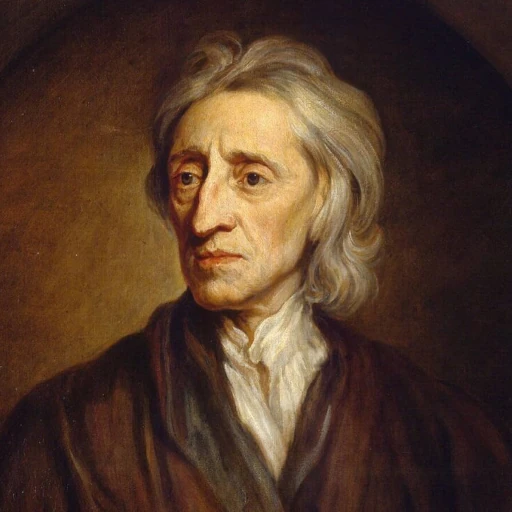
- August 29, 1632 – October 28, 1704
- Born in England (UK)
- Philosopher and political thinker
- He advocated the social contract theory and natural rights, and was called the father of British empiricism and liberalism, laying the foundations for modern democracy.
J. R. R. Tolkien
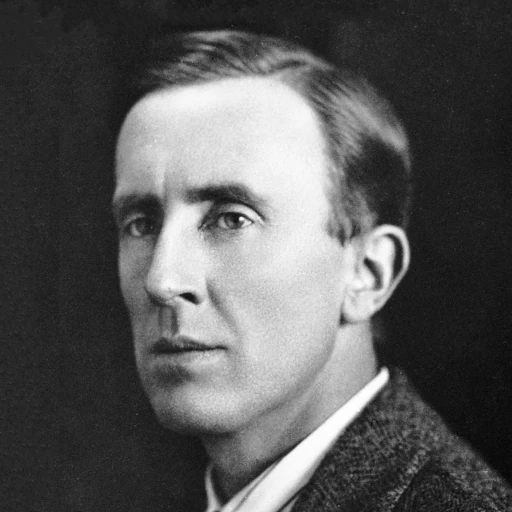
- January 3, 1892 – September 2, 1973
- Born in the Orange Free State (British)
- Author, linguist
- Wrote The Hobbit and The Lord of the Rings, and built the foundations of modern fantasy literature
Joseph Stalin
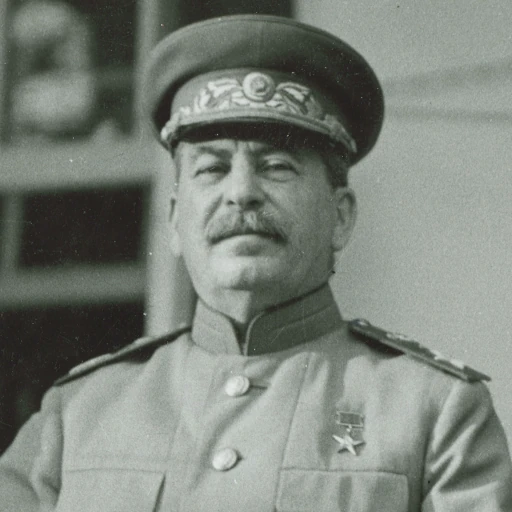
- December 18, 1878 – March 5, 1953
- Born in Georgia
- Politician
- As Secretary General of the Communist Party, he governed the Soviet Union, promoted industrialization and collectivization, and led the Allied forces to victory in World War II, but at the same time, he suffered many casualties from the large-scale political repression known as the Great Purge.
Karl Marx
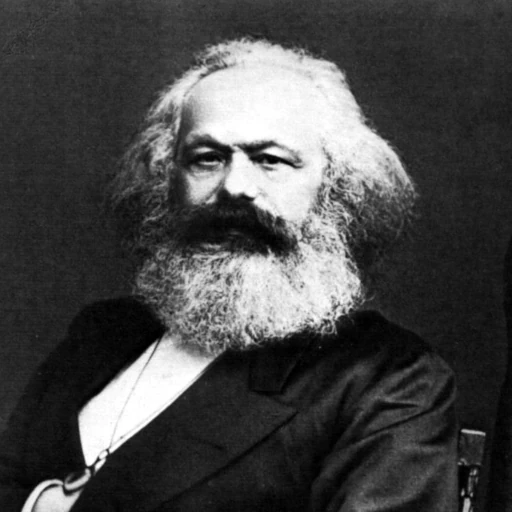
- May 5, 1818 – March 14, 1883
- Born in the Kingdom of Prussia (Germany)
- Philosopher, economist, political thinker
- Wrote Das Kapital and laid the foundations for socialist and communist thought
Laozi
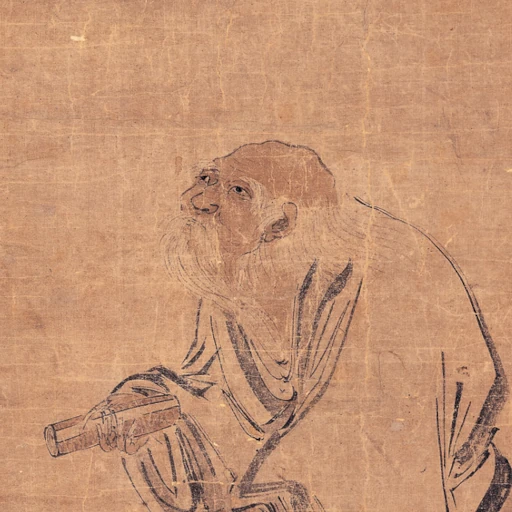
- 571 BC? – 470 BC?
- Born in China
- Philosopher
- Founder of Taoism, author of the Tao Te Ching and systematized Taoist thought
Leo Tolstoy
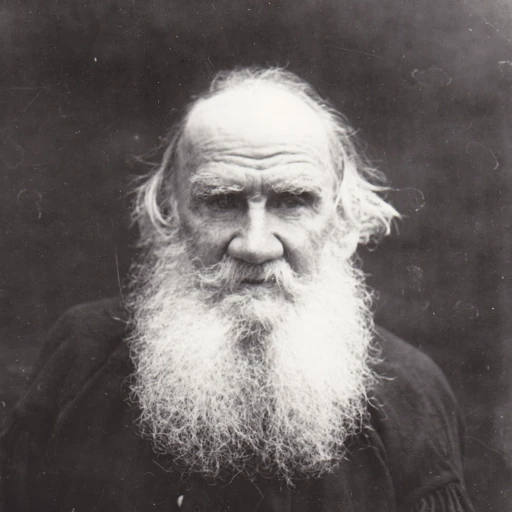
- September 9, 1828 – November 20, 1910
- Born in Russia
- Writer, philosopher
- Wrote masterpieces such as “War and Peace,” “Anna Karenina,” and “Ivan the Fool,” and had a major impact not only on literature but also on politics and society.
Leonardo da Vinci
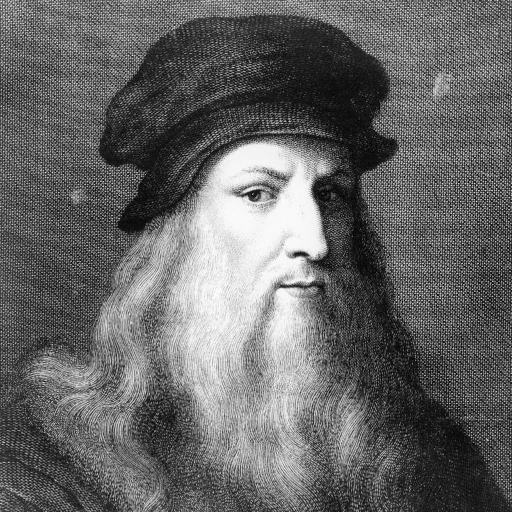
- April 15, 1452 – May 2, 1519
- Italian
- A versatile man (painter, sculptor, architect, inventor, scientist, etc.)
- He created many works of art, including the paintings “Mona Lisa” and “The Last Supper,” and also left behind many pioneering ideas in science and engineering, such as “blueprints for airplanes” and “anatomical studies.”
Louis XIV
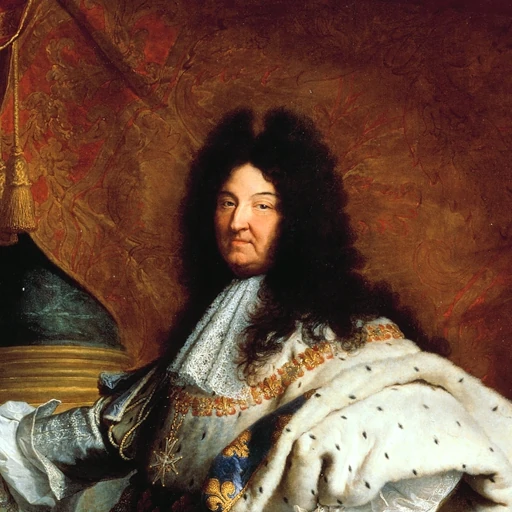
- September 5, 1638 – September 1, 1715
- Born in France
- King of France
- Established absolute monarchy, built the Palace of Versailles, and promoted the development of French culture and art
Ludwig van Beethoven
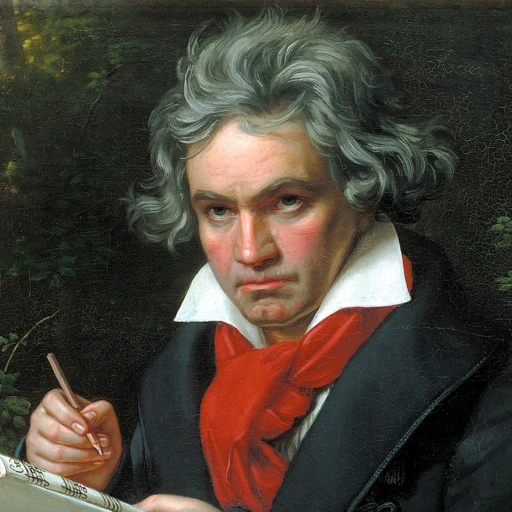
- December 16, 1770 – March 26, 1827
- Born in Germany (Holy Roman Empire)
- Composer, pianist
- His representative works include “Symphony No. 9,” “Moonlight Sonata,” and “Symphony of Fate,” and he bridged the gap from the classical to the romantic period and had a major impact on music history.
Mahatma Gandhi
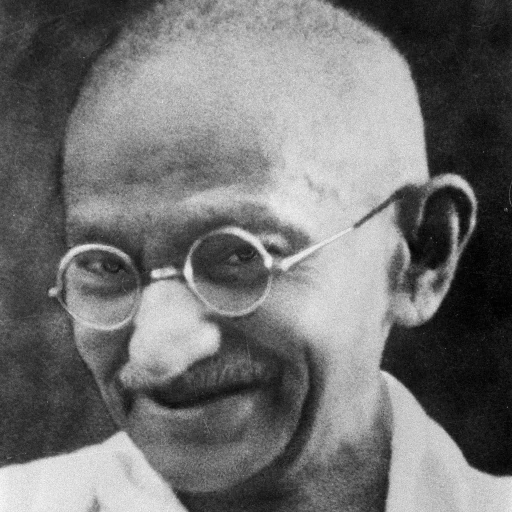
- October 2, 1869 – January 30, 1948
- British Indian Empire
- Lawyer, religious leader, social activist, political leader
- As a leader of the Indian independence movement, he advocated non-violent resistance (Satyagraha) and contributed to India’s independence from Britain.
Mao Zedong
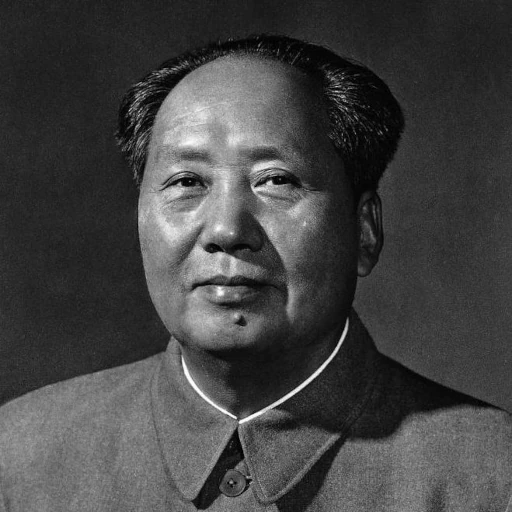
- December 26, 1893 – September 9, 1976
- Born in China
- Politician, thinker
- He led the Chinese socialist revolution and succeeded in founding the country, but the Great Leap Forward and Cultural Revolution brought much chaos and sacrifice.
Marcus Aurelius
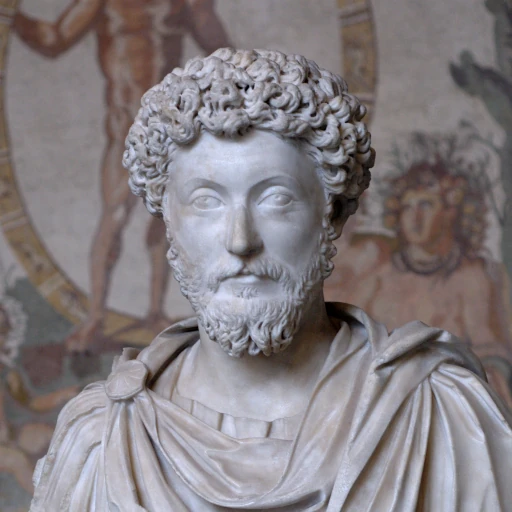
- April 26, 121 – March 17, 180
- Roman Empire
- Roman Emperor
- Influenced by Stoic philosophy, he wrote “Meditations” and practiced ideal governance as a philosophical leader, and was later praised as one of the Five Good Emperors.
Marie Antoinette
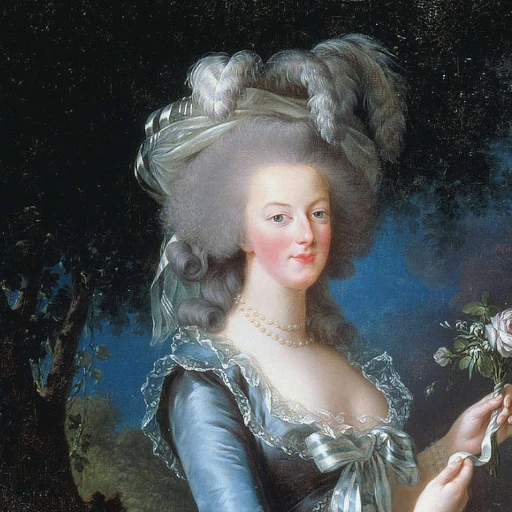
- November 2, 1755 – October 16, 1793
- From the Duchy of Austria, Holy Roman Empire
- Queen
- Influenced fashion and culture, and symbolized the splendor of court life
Mark Twain

- November 30, 1835 – April 21, 1910
- American
- Author, humorist, and lecturer
- Wrote masterpieces such as “The Adventures of Tom Sawyer” and “The Adventures of Huckleberry Finn,” and had a major influence on American literature
Martin Luther
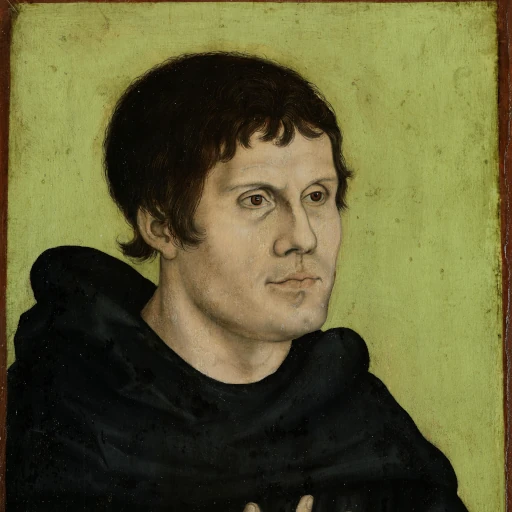
- November 10, 1483 – February 18, 1546
- Born in the Holy Roman Empire (Germany)
- Reformer, theologian
- Promoted the Protestant Reformation and published the Ninety-five Theses
Martin Luther King Jr.
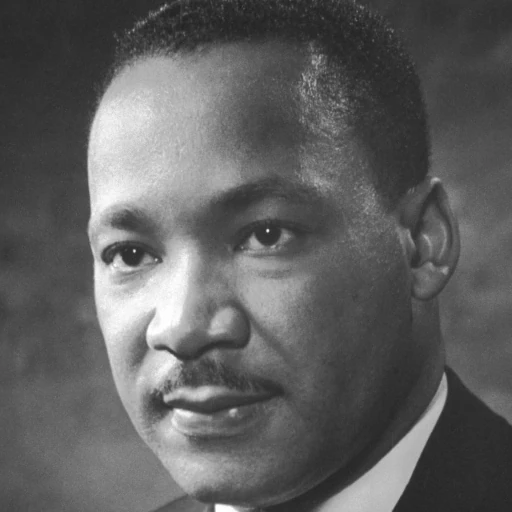
- January 15, 1929 – April 4, 1968
- African American
- Pastor and civil rights leader
- He led the movement to abolish racial discrimination in the United States and contributed to the establishment of the Civil Rights Act
Napoleon Bonaparte
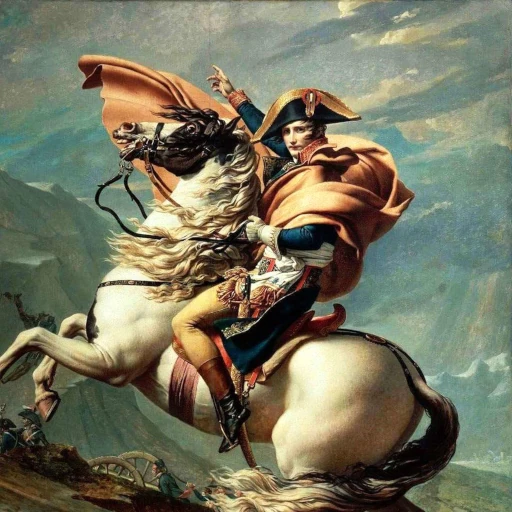
- August 15, 1769 – May 5, 1821
- French of Italian descent
- French military officer and emperor
- Reorganized Europe after the French Revolution and built the foundations of the legal system in modern Europe
Nelson Mandela
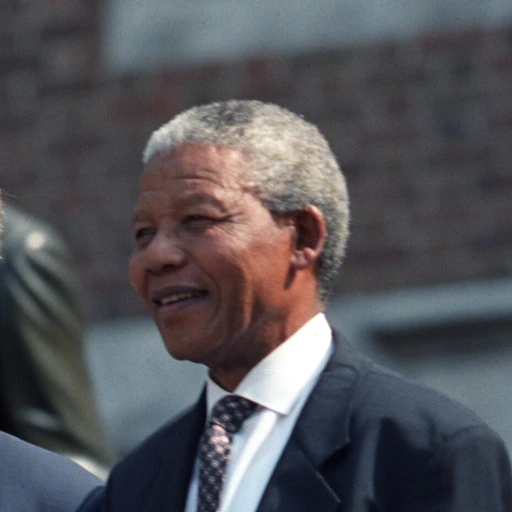
Image credits: John Mathew Smith 2001,”From Wash D.C. Longworth building October 4, 1994. Mandela’s first trip to the United States.”,CC BY-SA 2.0,Nelson Mandela 1994 – Nelson Mandela – Wikipedia
- July 18, 1918 – December 5, 2013
- Born in South Africa
- Politician, lawyer
- The first black president of South Africa, he was awarded the Nobel Peace Prize for abolishing apartheid and building a democratic South Africa where multiple ethnic groups coexist.
Niccolo Machiavelli
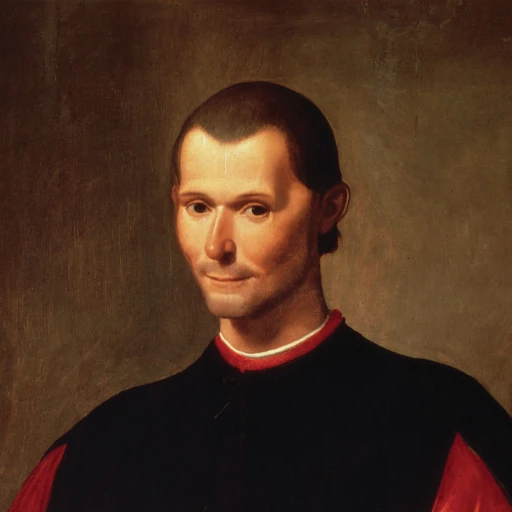
- May 3, 1469 – June 21, 1527
- Born in the Republic of Florence (Italy)
- Political thinker and diplomat
- Wrote The Prince, built the foundations of modern political science, and advocated realist political thought
Michelangelo

- March 6, 1475 – February 18, 1564
- Born in the Republic of Florence (now Italy)
- Sculptor, painter, architect, poet
- Produced many masterpieces that represent Renaissance art, including the “David” statue, the “Pietà,” and the “Sistine Chapel ceiling”
Mother Teresa

- August 26, 1910 – September 5, 1997
- Albanian
- Catholic nun and saint
- Founded the Missionaries of Charity in Calcutta, India, and won the Nobel Peace Prize for her work in supporting the poor, sick, and orphans
Oscar Wilde
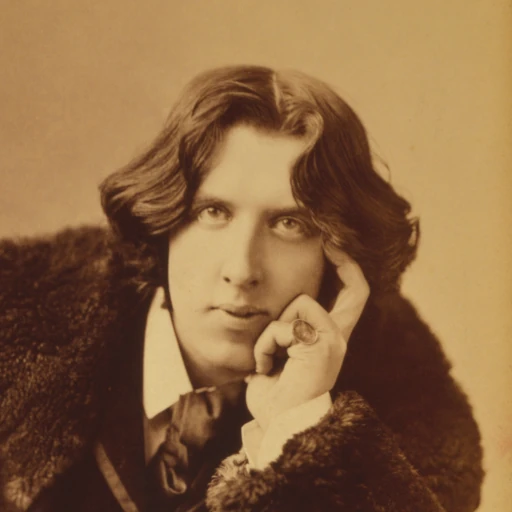
- October 16, 1854 – November 30, 1900
- Irish
- Author, poet, playwright
- Written novels, plays, and poems such as “The Picture of Dorian Gray,” “The Importance of Being Earnest,” and “Salome,” he had a great influence on British literature in the late 19th century through his witty social criticism and humor.
Pablo Picasso
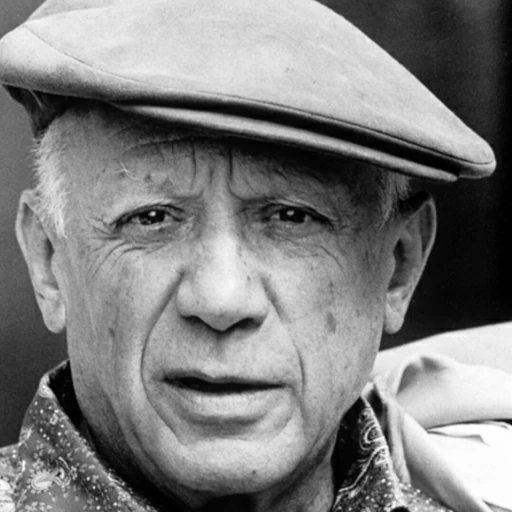
- October 25, 1881 – April 8, 1973
- Born in Spain
- Painter, sculptor, printmaker
- Founder of Cubism, he had a revolutionary influence on 20th century art, leaving behind masterpieces such as “Guernica”
Plato

- 427 BC – 347 BC
- Born in Athens, ancient Greece
- Philosopher, scholar, founder of the Academy
- A student of Socrates, his works include “The Republic” and “The Symposium,” and he had a major influence on Western philosophy with his ideas and philosopher-rulership.
Socrates
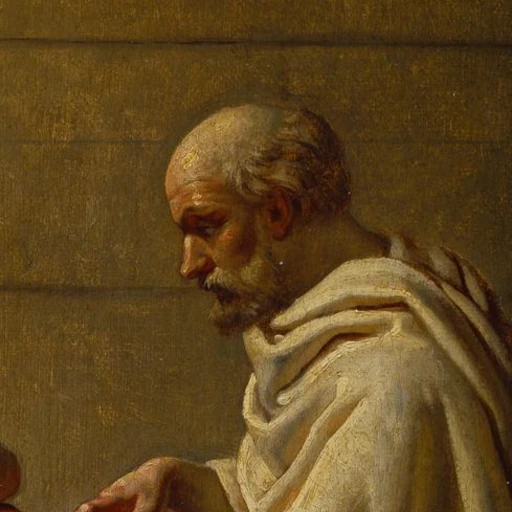
- 470 BC – 399 BC
- Born in Athens, ancient Greece
- Philosopher
- Teacher of Plato, who contributed to the development of ethics and dialectics
Stephen Hawking
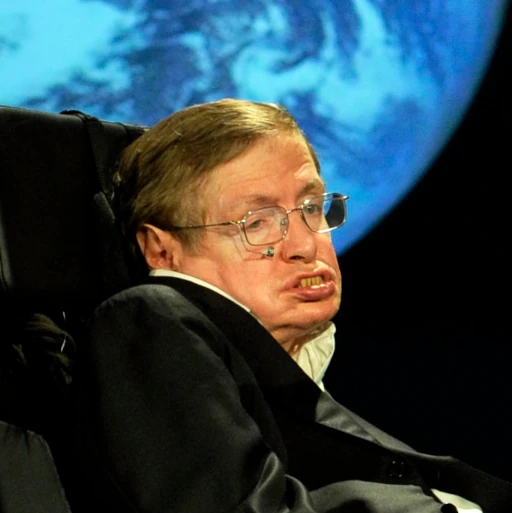
- January 8, 1942 – March 14, 2018
- British
- Theoretical physicist, science writer
- Announced the black hole singularity theorem and Hawking radiation, and contributed to the popularization of science with his book “Talking about the Universe”
Steve Jobs

- February 24, 1955 – October 5, 2011
- American
- Entrepreneur, businessman, industrial designer
- He brought to the world revolutionary products that combined technology and design at a high level, such as the personal computer Macintosh, iPhone, and iPad, and also revolutionized the music industry with the iPod, iTunes, and iTunes Store.
Sun Tzu
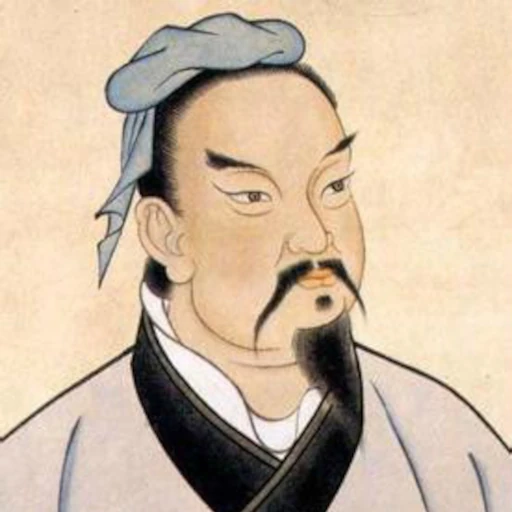
- 544 BC-496 BC
- Born in China
- Military strategist, military strategist
- Wrote “The Art of War” by Sun Tzu, establishing it as a classic of strategy and tactics
Theodore Roosevelt

- October 27, 1858 – January 6, 1919
- American
- Politician, military officer
- Served as the 26th President of the United States, promoted progressive reforms and environmental conservation policies, and supported the construction of the Panama Canal
Thomas Aquinas
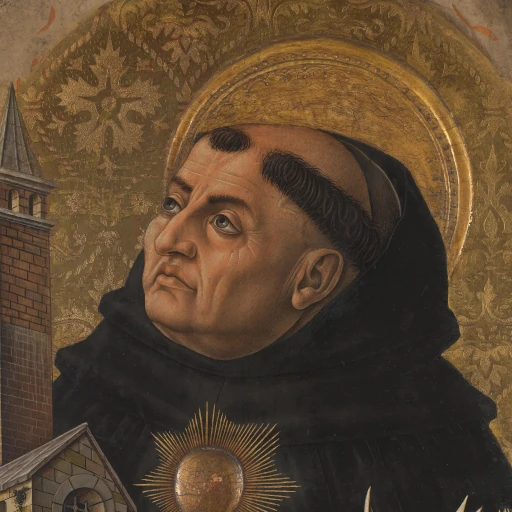
- 1225 – March 7, 1274
- Born in the Kingdom of Sicily (Italy)
- Theologian, philosopher
- A representative figure of scholasticism, who systematized the relationship between the doctrines of the Catholic Church and reason through his masterpiece, the Summa Theologica
Thomas Edison
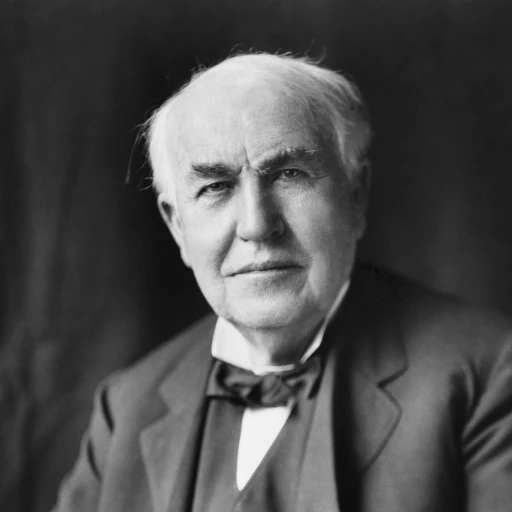
- February 11, 1847 – October 18, 1931
- European American
- Inventor and businessman
- The “king of inventors” who obtained over 1,000 patents, including the practical application of the incandescent light bulb
Victor Hugo
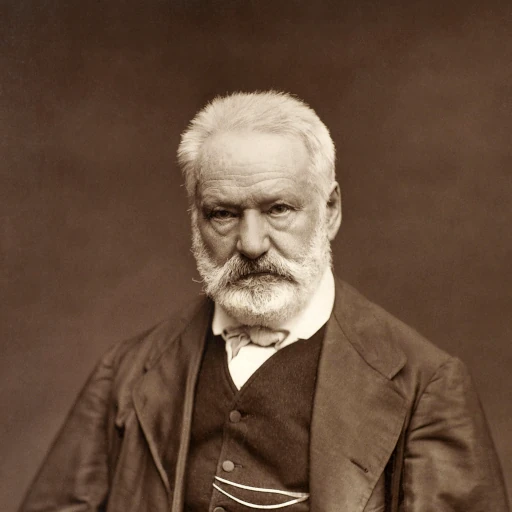
- February 26, 1802 – May 22, 1885
- Born in France
- Author, poet, playwright
- Written novels and poems such as “Les Miserables” and “Notre-Dame de Paris,” he was a representative figure of French Romantic literature and had a worldwide influence.
Voltaire

- November 21, 1694 – May 30, 1778
- Born in France
- Philosopher, man of letters, historian
- Wrote many works, including “Philosophy of History,” “De Toleration,” “Philosophical Dictionary,” “Philosophical Letters,” “Oedipus,” and “Candide,” and is known as a pioneer of Enlightenment thought.
William Shakespeare
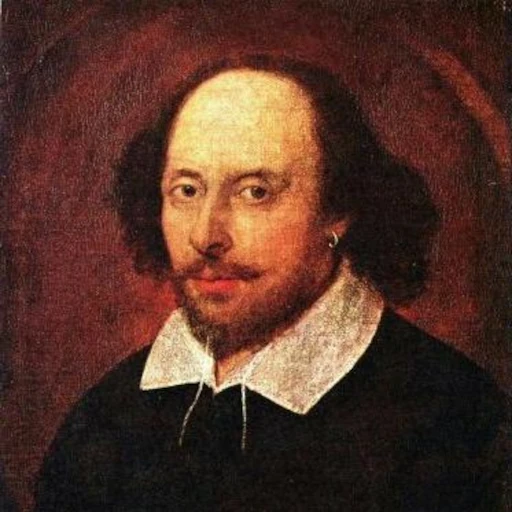
- April 26, 1564 – April 23, 1616
- Born in England
- Playwright, poet, actor
- Wrote many masterpieces such as “Hamlet,” “Romeo and Juliet,” and “Macbeth,” and had a great influence on English literature
Winston Churchill
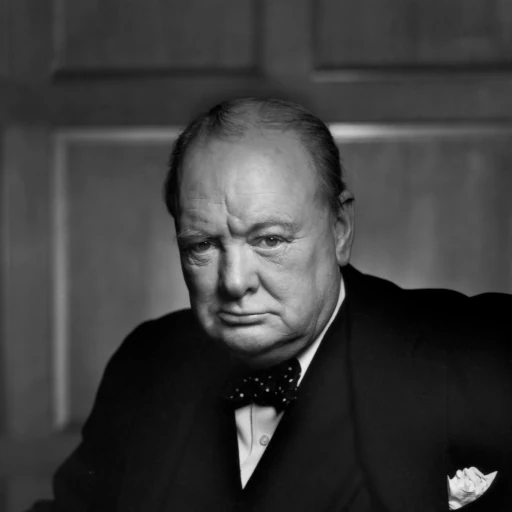
- November 30, 1874 – January 24, 1965
- British
- Politician, army officer, writer
- As British Prime Minister during World War II, he led the Allied powers to victory
Wolfgang Amadeus Mozart
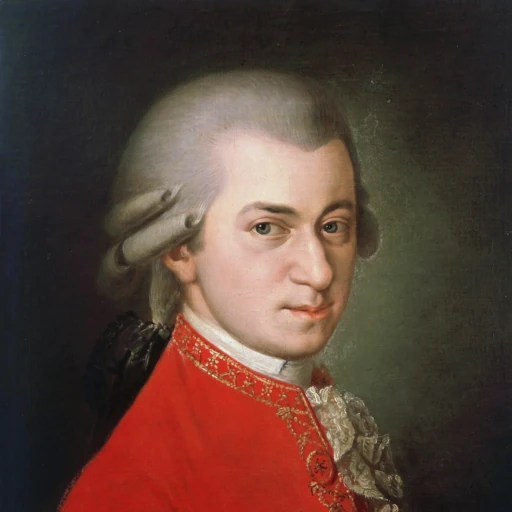
- January 27, 1756 – December 5, 1791
- Born in Salzburg (Austria)
- Composer
- Left behind many masterpieces such as “The Marriage of Figaro,” “Don Giovanni,” and “The Magic Flute”